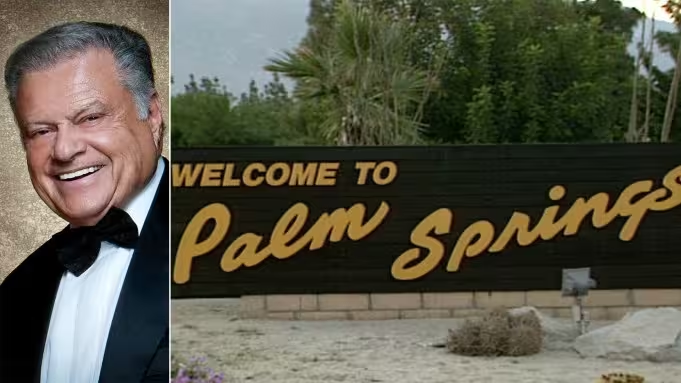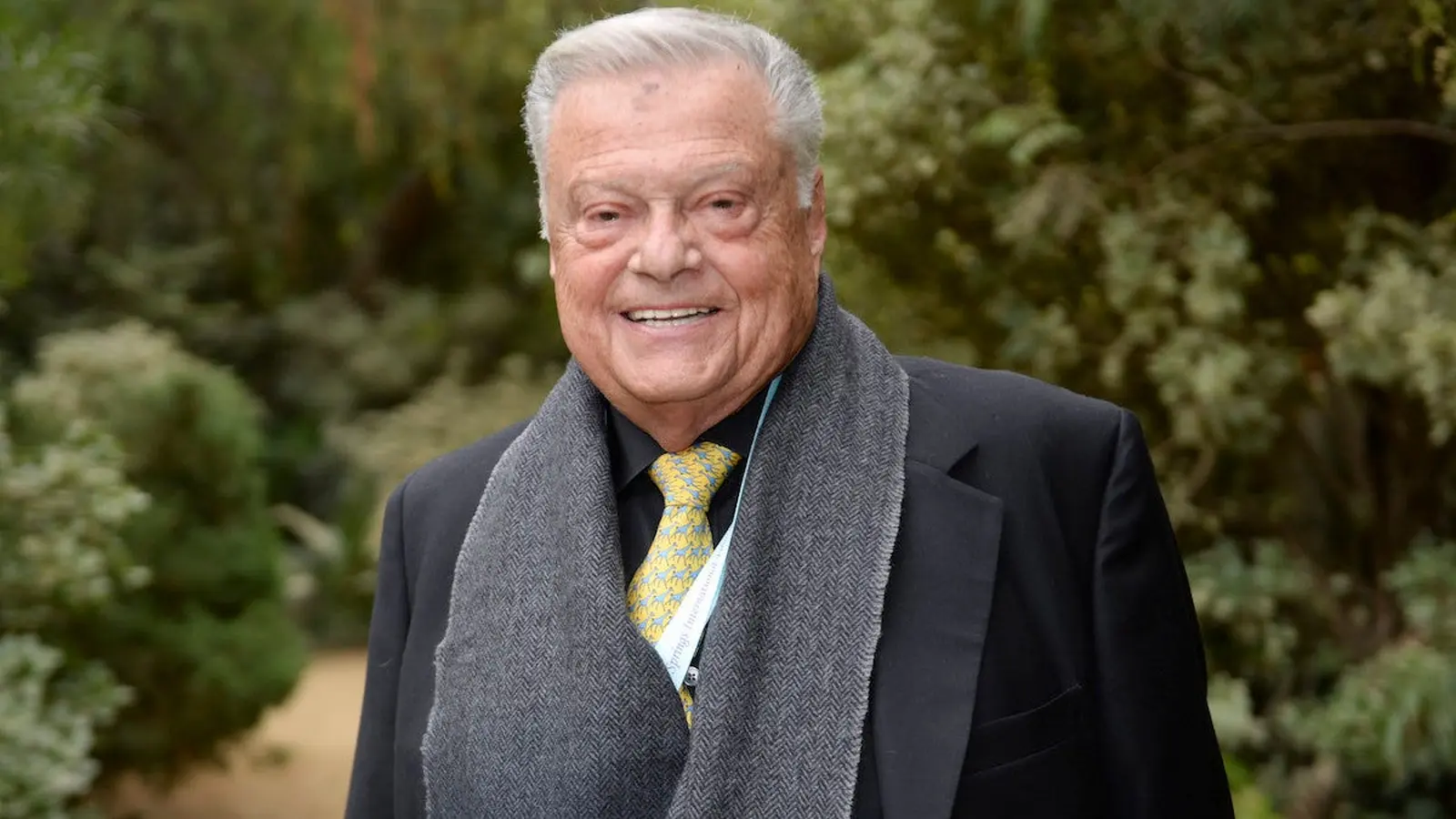5 Minutes
Remembering Harold Matzner: builder of culture and cinema in the desert
Harold Matzner, the businessman and philanthropist widely known as “Mr. Palm Springs,” died after a brief illness at 88. For four decades he shaped the cultural life of the Coachella Valley, turning a regional film festival into an awards-season stop and using private donations and civic leadership to fund downtown revitalization, museums, theaters and the arts. His passing is being felt not just in Palm Springs but across the film industry and among festival programmers who watched a modest desert city become a global cinema showcase.
From sportswriter to cultural architect
Born July 4, 1937, in Newark, New Jersey, Matzner began his career as a sportswriter before moving into marketing and founding CBA Industries, a direct-mail advertising company he led well into his 80s. He discovered Palm Springs in 1985 and made it his life’s work: investing more than $85 million in local nonprofits, guiding the Palm Springs International Film Festival back from the brink in 1999, and donating over $12 million personally to create what is today an influential film awards platform.
Turning a local festival into an industry moment
Matzner’s stewardship turned the Palm Springs International Film Festival into a magnet for Hollywood talent and a launchpad for awards-season campaigns. Under his leadership, the festival’s awards stage welcomed actors and directors from Meryl Streep and Denzel Washington to Steven Spielberg and Timothée Chalamet. Where smaller festivals normally function as discovery venues, Palm Springs under Matzner bridged the gap between regional programming and the industry’s awards conversation, generating billions of media impressions annually.

How Matzner’s model compares to other festivals
Compared with Sundance, which is artist-driven and discovery-focused, and Toronto, which is a sprawling industry market and bellwether for Oscar contender premieres, Palm Springs carved a niche as a concentrated awards-season platform. Matzner’s model relied on high-profile gala screenings, celebrity draws and strategic publicity — a different strategy from the indie incubator approach but one that has proven effective in elevating international cinema into Hollywood headlines.
Beyond film: civic transformation and arts philanthropy
His impact extended beyond programming: Matzner helped pass Measure J, a 1% sales tax that funded a $200 million downtown revitalization and produced an annual surplus to rebuild infrastructure. He chaired the McCallum Theatre board, served as Executive Vice Chairman of the Palm Springs Art Museum, and ran the beloved Spencer’s restaurant — all roles that connected restaurants, museums, theaters and the festival into a singular cultural ecosystem.
Trivia and behind-the-scenes notes
- Matzner has a star on the Palm Springs Walk of the Stars at the base of the Sonny Bono statue, a nod to his friendship with the festival’s founding figures.
- His fundraising approach blended personal giving with strong expectations for accountability, persuading other donors to match his commitments and scale projects more quickly.
Critical perspectives
While Matzner’s generosity is undeniable, his model raises questions that many arts communities face: when festivals rely on powerful benefactors, programming and mission can tilt toward high-profile, awards-friendly films at the expense of risk-taking artistry. This tension—between cultural cachet and curatorial adventurousness—is a live debate among programmers and critics.
Expert insight
“Harold Matzner’s legacy is complicated in the most productive way,” says cinema historian Marko Jensen. “He showed how strategic philanthropy can turn a regional festival into an international platform, but his model also highlights how much influence a single benefactor can wield over a city’s cultural agenda.”
Personal legacy and what comes next
Matzner often said his joy came from “making magic for the people I love.” He is survived by his partner Shellie Reade, son Devin, daughter Laura, and grandchildren Elizabeth and Emily. A memorial will be announced later. The festival has named him chairman emeritus and local leaders say his ethos — a mix of civic pride, hospitality and showmanship — will shape Palm Springs for years to come.
Conclusion: lessons for film festivals and cultural cities
Harold Matzner’s life demonstrates how committed individuals can change a city’s cultural trajectory and how film festivals can evolve from niche events into globalized stages for cinema. As festivals worldwide balance artistic risk, commercial appeal and community benefit, the Palm Springs story will remain a case study: an example of philanthropy’s power to create visibility — and of the responsibilities that visibility brings. For film and series fans, the legacy is both a richer festival calendar and a reminder to ask who is shaping the stories we celebrate.
Source: deadline



Leave a Comment